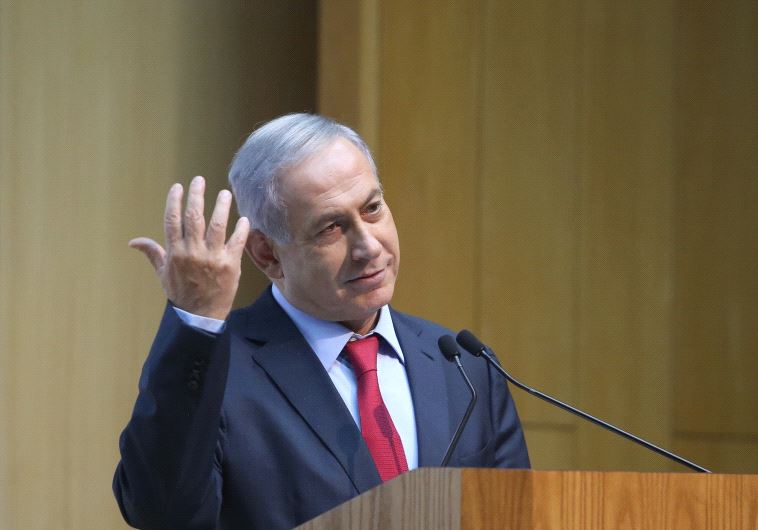Nissenkorn will not interfere with gov’t decision on public broadcasting
Which of the two Israeli broadcasting entities will go, which will stay or will they merge.
 Prime Minister Benjamin Netanyahu (photo credit: MARC ISRAEL SELLEM/THE JERUSALEM POST)
Prime Minister Benjamin Netanyahu (photo credit: MARC ISRAEL SELLEM/THE JERUSALEM POST)